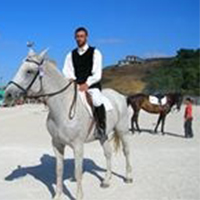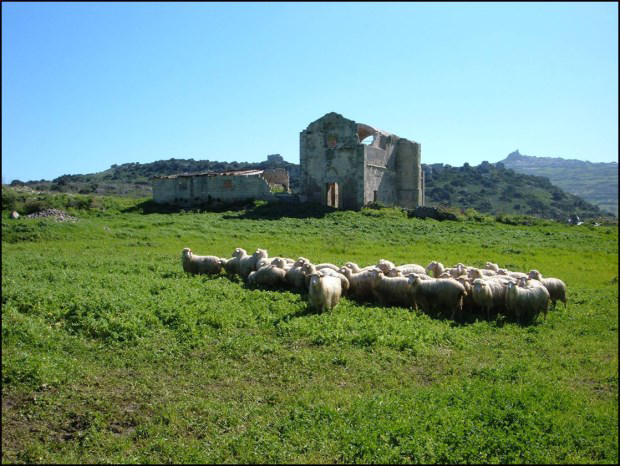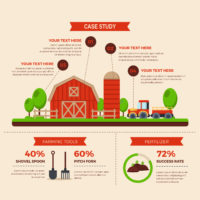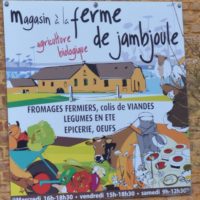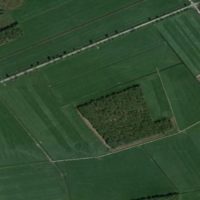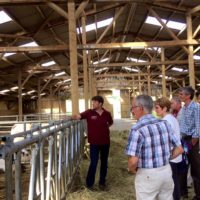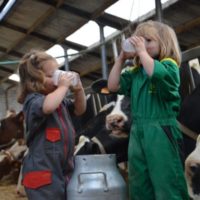Legume-based permanent pastures & grazing management & marketing
Description
The farm ‘Truvunittu’ is located in north west Sardinia (Italy).
The farmers decided few years ago to abandon their semi-intensive system, where annual crops provided the forage and hay for sheep, and to adopt an extensive system based on im-proved permanent pastures.
1. Innovative legume-based mixtures have been introduced using local annual self-reseeding (burr medic, subterranean clovers, etc.) and perennials (red clover) species. Low rates of annual ryegrass and cocksfoot have been utilized. In addition, 15 ha are cultivated with cereals in annual rotation with legumes and 2 ha with sulla.
2. Pastures are divided in 5-6 main plots (5-7 ha) where lactating sheep graze, and smaller plots (1-1.5 ha) where new-born lambs graze with their mothers. Pastures are managed with rotational grazing, and sheep graze only one day in each plot and then they are moved to another one. At the end of spring and at the end of summer, pastures are mowed. Sheep diet is integrated with small amount of concentrates.
3. Marketing. The farmers adopted an original initiative to commercialise their products (‘Adotta una pecora’, adopt a sheep). Moreover, they are active in the direct sale both on farm and in their own shops opened in touristic places in the Island.
Reason for the innovation
- Reduction of milk cost production
- Reduction of labour intensity
- Increase farmer income
Farm description
Environment
- Soil types: clay soils, neutral pH
- Climate: Mediterranean climate
- Altitude: 350-400 m a.s.l.
- Slope: 5-25%
Grassland management
- Grazing : Yes
- Grazing management type: rotational grazing, combined with mowing (1 cut per year)
- Length of the grazing season: 12 months
- Forage conservation type: Hay
- Fertilisation rate: 200 kg ha-1 of Diammonium phosphate (only in new sown grass-lands) and 100 kg ha-1 of ammonium nitrate (only in plots where mowing is car-ried out)
Structure
- Annual Work Unit: 2 full time and 1 part time workers
- Agricultural Area: 85 ha, 79 ha UAA:
- 3 ha covered with a cork oak wood
- 15 ha, annual crops (cereals) in rotation with annual legumes
- 53.5 ha, improved permanent pastures of different age
- 5.5 ha, natural permanent pastures
- 2 ha, sulla
- Activity: dairy sheep raising (Sarda breed)
- Number of heads (LSU): 56
- Stocking rate referred to total farm area: 0,66 LSU per hectare
Animal performance
- Milk production: 270-300 l per head per year
- Meat production: 200 milk lambs per year, slaughtered 28 days after birth (carcass weight: 6-7 kg)
Why it is working
The farmer attitude to adapt the farm system to the change of market conditions (e.g. volatility of milk price) is the key prerequisite that allows the ability of farm to survive in the market.
The farmers have a long experience in pasture management due to their long family tradition in sheep breeding and pastures preserving (e.g. weed control).
The favourable environmental conditions, especially in terms of micro-climate, soil seed bank and organic matter allow the establishment of long term grasslands.
The presence of permanent swards extend the growing season i.e. early autumn re-growth compared to annual forage crops.
The production of milk along the whole year and then the availability of fresh ricotta cheese when the supply of cheese in low and the demand is high (September).
Additional information
| Farming system | conventional farming |
|---|---|
| Domains of innovation | farm system, forage mixture, grazing management system, marketing |
| Main types of animal | dairy sheep |
| Country | |
| Product type | Farmer portrait |
| Language | English, Italian |
